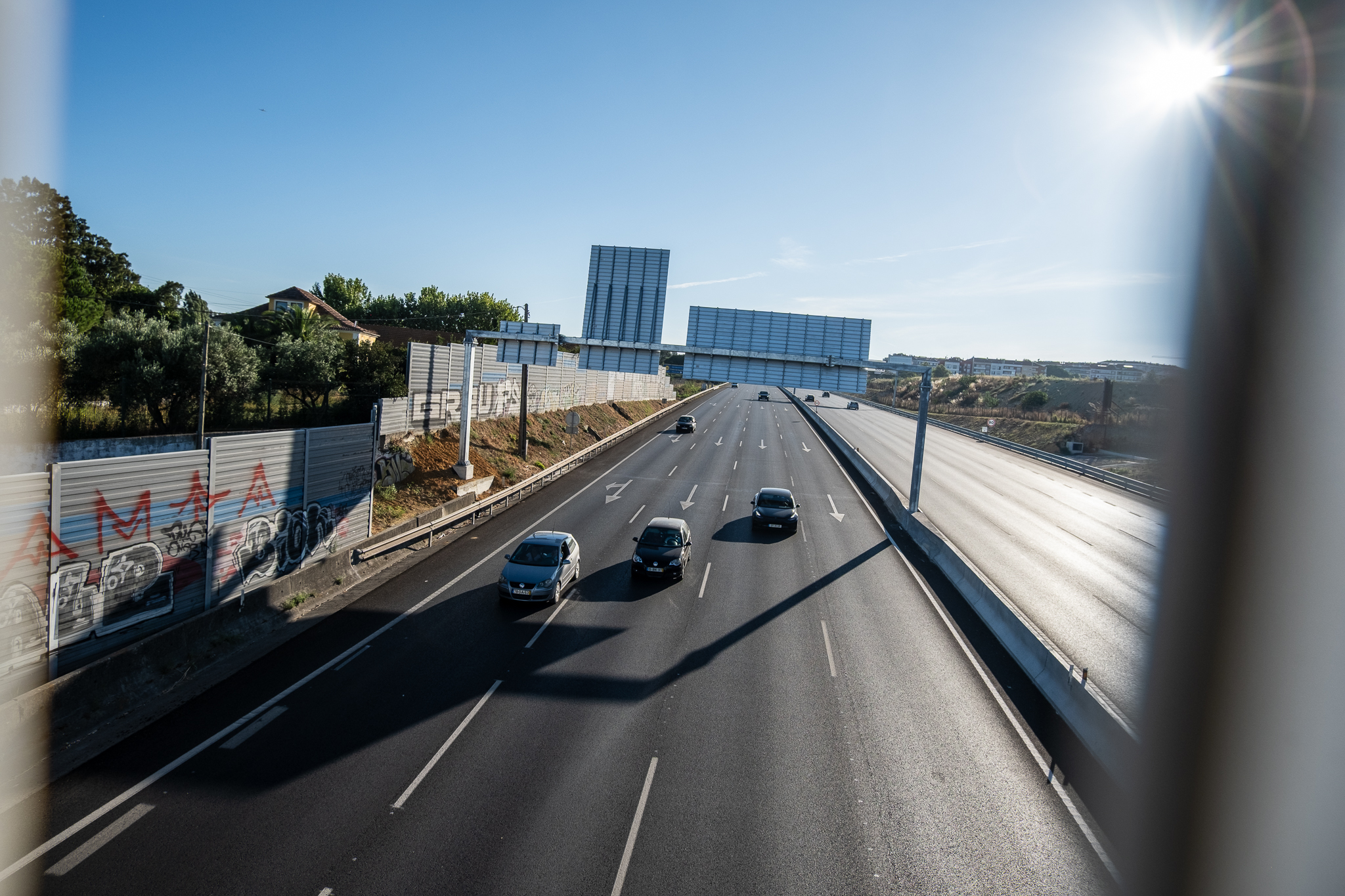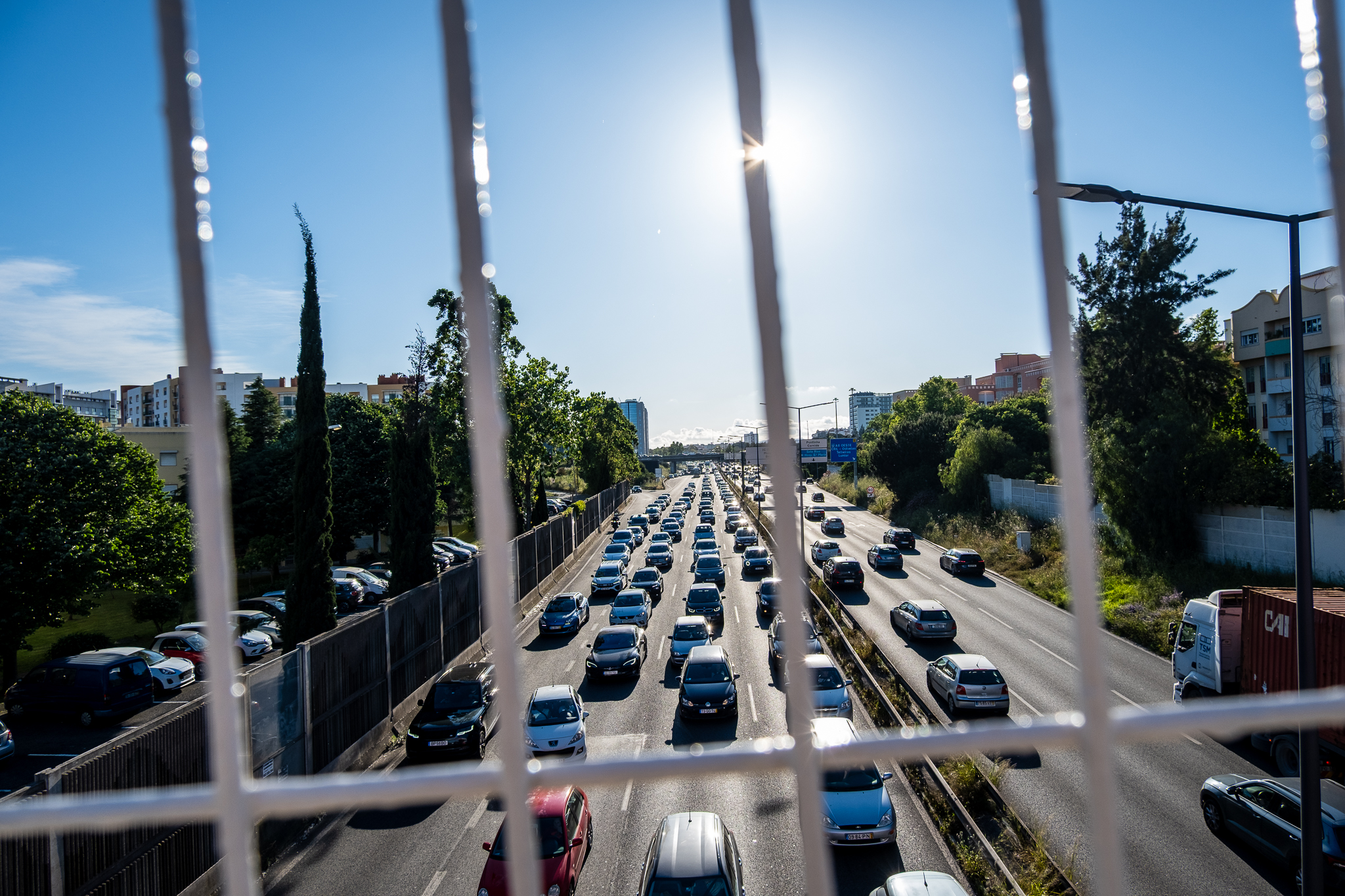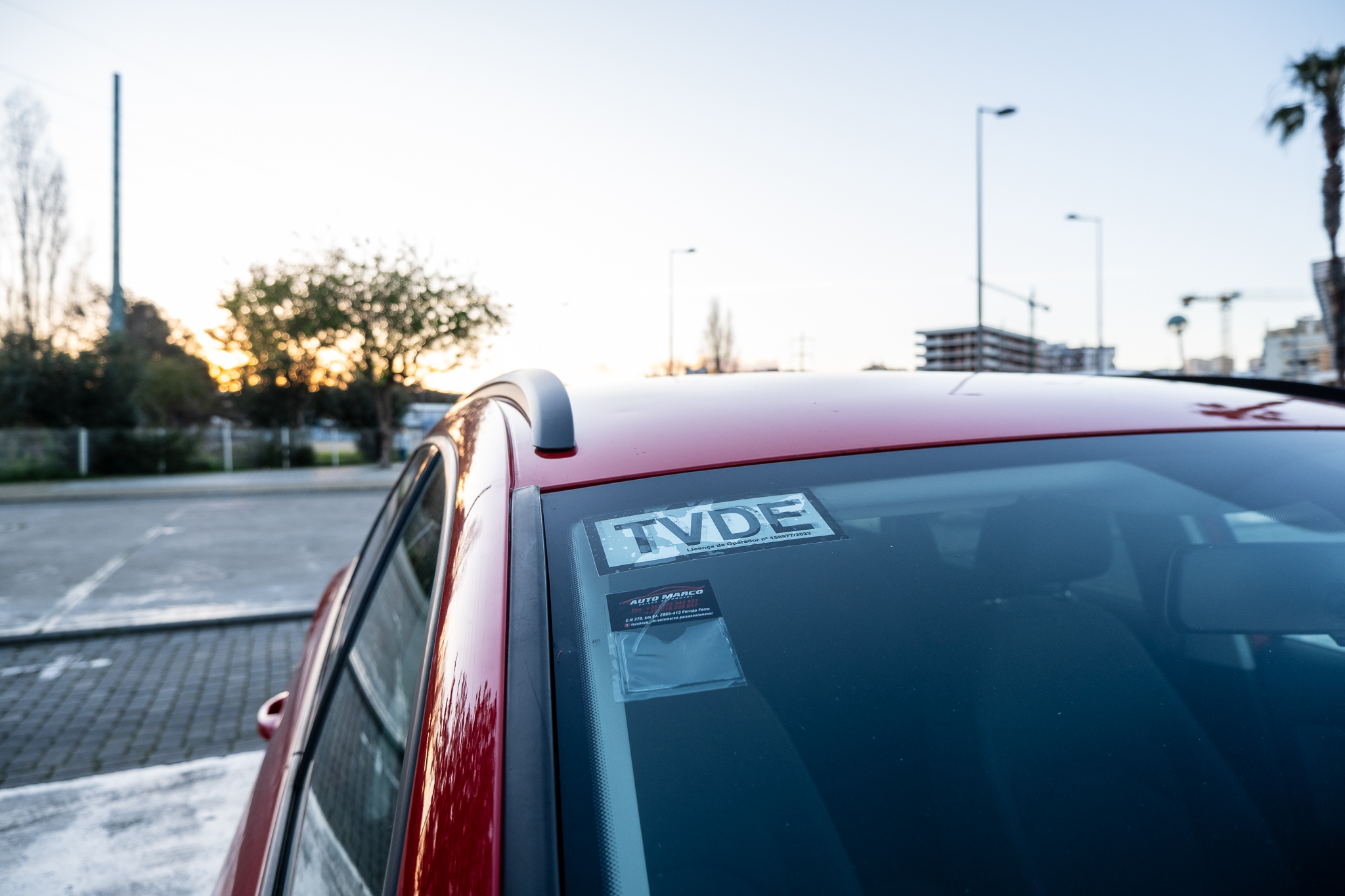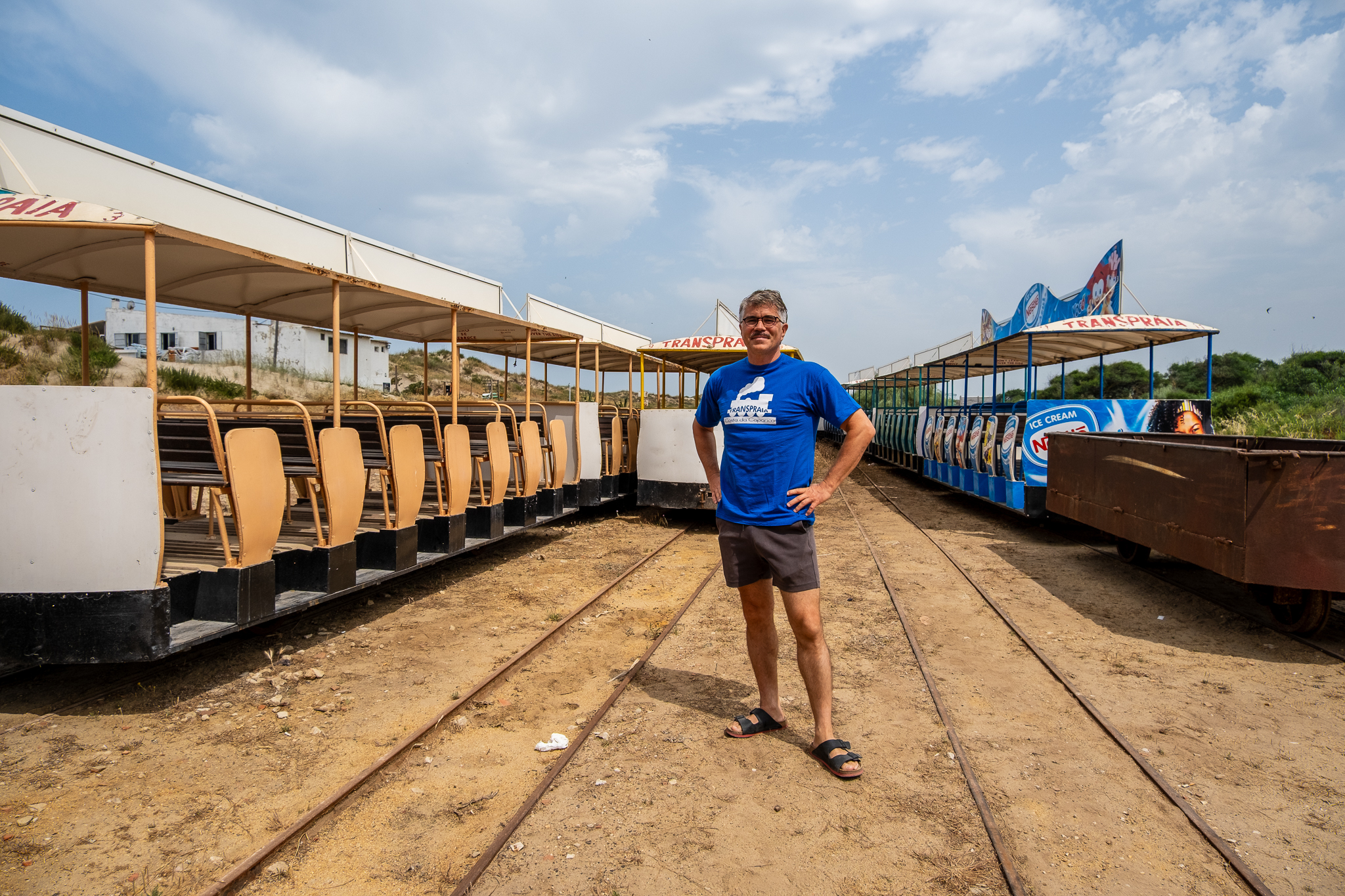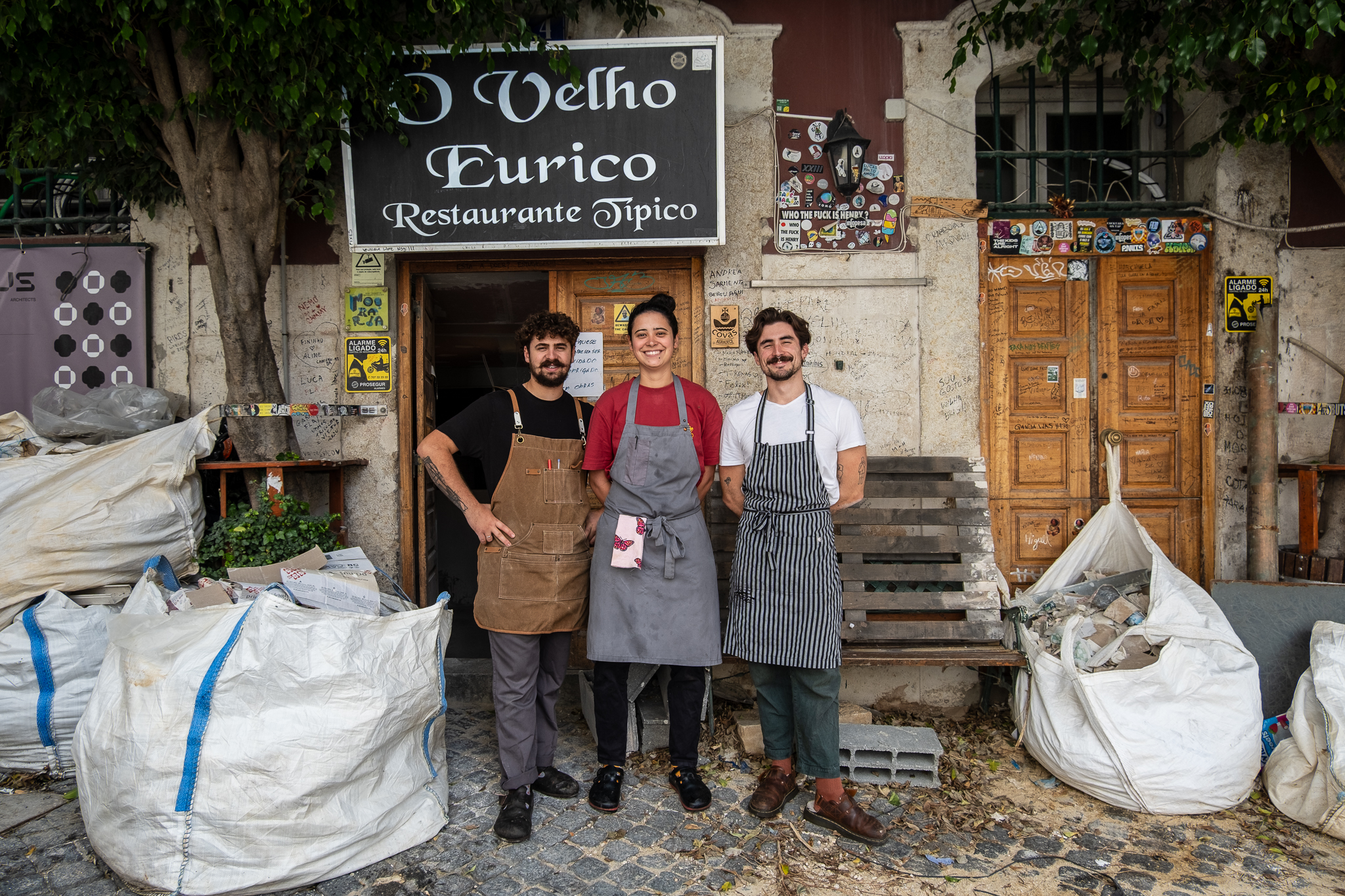Association for Urban Mobility by Bicycle wants more women cycling this March 8th and every other day.

Promoting the use of the bicycle as a mode of transportation faces several challenges, one of the most pressing being the gender gap - an issue that becomes more evident in some countries where the use of the bicycle as a daily mode of transport is still incipient. In Portugal, this issue is particularly relevant, even though the outlook is substantially more positive and promising than a few years ago. In 2017, only 17% of people cycling in Lisbon were women. This representation increased to 26% in 2020. In countries like n the Netherlands, there is even a higher proportion of women cycling than men - for several reasons, such as the fact that there is more cycling infrastructure, greater road safety, and the bicycle is culturally accepted and fully assumed as a mobility vehicle.
In order to inspire and encourage more women to use the bicycle in their daily lives, the association MUBi is launching the project +MAP - More Women on Bikes. An initiative that starts on March 8th, International Women's Day, but that intends to work from now on as a meeting point around gender issues - a space where one can talk about the evident gaps regarding the use of the bicycle by women, and break down prejudices and social obstacles.

"MUBi has as one of its priorities to educate and raise awareness for the inclusion of women, with the ultimate goal of having a greater proportion of women cycling in our cities. This is the raison d'être of +MAP - Mais Mulheres a Pedalar"writes the association, which is dedicated to advocating and promoting the use of the bicycle in everyday life.
For now, +MAP starts with a website, moremap.mubi.comand with eight testimonies - eight women who were invited to make known their daily experiences, struggles and perceptions as regular users of the bicycle as a means of travel. MUBi's goal is that these stories can inspire more women to share theirs and also that more stories can be collected and shared.

Soon, MUBi intends add to your platform Cycling City new features to make it more inclusive and an asset for women who use or intend to use the bicycle as a mode of transportationbut also for other vulnerable users (children and youth, elderly population, LGBTQI+ people...).
Launched in 2019, the Cyclable City allows anyone to find out where there is bike parking in their city and map out parking needs that are not yet filled. MUBi's goal is now to use the 40 thousand euros of funding from the VoxPop program to "transform the Cycling City into something the whole community will use, adding the needs of women and vulnerable groups to the equation". The platform will include the possibility to register occurrences of accidents, or near misses, places where there have been situations of violence, road harassment and/or sexual harassment, and places where there are missing links between the network of bicycle paths.

In the revision to the Cycling City, which will be the major project under the +MAP umbrella, MUBi also intends to make data more consistent and accessible, improve communication with the bicycle commuting community, and include all bicycle-related infrastructure on the map (not just parking lots). E "to help women overcome the obstacles that limit or prevent them from cycling freely and with a sense of safety in Lisbon, we will also create a channel to access help in the application"This is a forum where women who use this means of transportation can ask for support and clarification in processes such as creating personalized routes, defining safer routes, and tips on how to take advantage of Lisbon's public space.
With the Cycling City and the +MAP - More Women on BikesMUBi aims to achieve greater social and gender justice in bicycling. The goal is universal urban environments accessible to all people, regardless of gender, age, ethnicity, religion, nationality and sexual orientation.
More women on bicycles: manifesto for an inclusive city
Enjoying the city and urban living should be universal and accessible to all people, regardless of their gender, age, ethnicity, religion, nationality, sexual orientation, or any other characteristic.
Society in general, and political decision-makers in particular, are thus required to promote measures to encourage women to use the bicycle as a tool for inclusion and to promote their freedom.
- We want to increase our participation in the urban construction processin particular with regard to urban planning and mobility, from planning to decision making and execution.
- We demand bicycle safetyI'm not sure if this is a good idea, alone or with a family, transporting or accompanying children, without being exposed to road violence that is felt in most urban centers.
- We want to stop feeling our daily journeys conditioned by fear and experience urban life in our cities without being the target of any kind of harassmentIt's not a question of physical or verbal violence.
- We claim a comfortable, safe and well-lit cycling infrastructure that makes our daily lives easier and connects the various urban functions that are essential to us: home, work, commerce, health, education and leisureincluding secure parking at these locations.
- We complain public bicycle systems shared and long term rental, that also allow transporting children, or people with reduced mobilityso that families can experience and use this sustainable mode of mobility.
- We want a safe city, one that allows our people to children can go to school autonomously, on foot or by bicycle, and protected areas so that they can play without the need for constant supervision.
- We advocate the promotion of learning to ride a bicycle as an adultThe goal is to empower more women to use the bicycle regularly and independently, but also to make it part of the school curriculum.
- We need to create campaigns promoting gender equality and non-discriminationThis is a national and local program, orienting the discourse to be more inclusive and fighting prejudices and stereotypes regarding the use of the bicycle.







